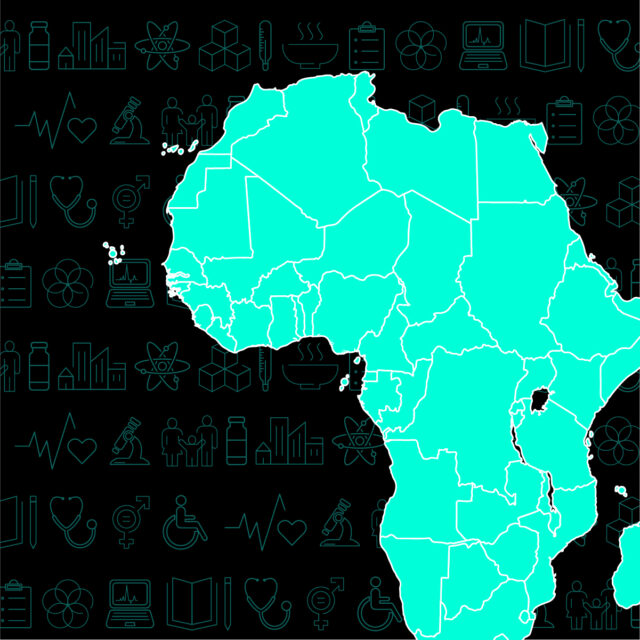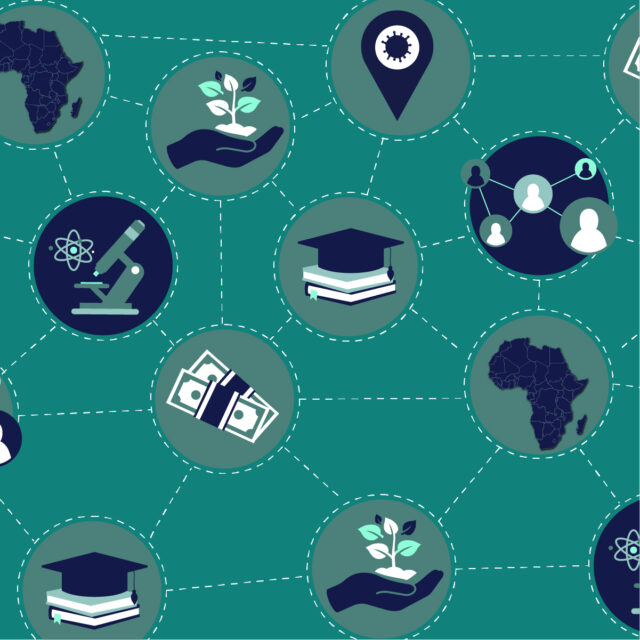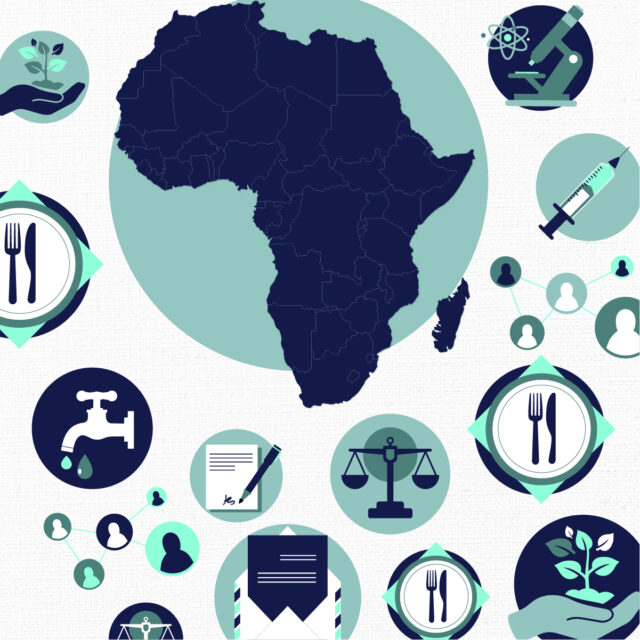Top news
COVID-19’s poor legacy: The pandemic pushed 55 million people into poverty in 2020. That’s more than the total number of people pushed into poverty in the entire 20 years prior to 2020. In Africa alone, another 58 million people could fall into poverty, with women more likely to be affected.
Future focused: Senegal President Macky Sall called for a united African vision for restructuring the international system at this year’s Conference of African Ministers of Finance, Planning and Economic Development (CoM2022). Conference discussions centred on three structural challenges to African development: securing the redistribution of SDRs to poorer countries, ensuring greater African influence in redesigning the global economic architecture, and strengthening Africa’s role in reshaping financing and debt resolution mechanisms. Ministers called on the IMF to increase access to funding for poor countries, and to extend the suspension on debt service requirements. Cheekily, they invited donor countries to follow China’s lead on SDR recycling: China has pledged 25% of its allocation to Africa. China’s primary geo-political competitor, the US, has pledged…wait for it…0%.
Targets missing: G7 Development Ministers come up with some strong language at their meeting this week in Berlin, including a commitment to feminist development policy and climate action. They want to fund the ACT Accelerator with a special focus on delivery and increased vaccine production in Africa. But for all the talk, financial and delivery targets were largely absent, especially on climate loss and damage and support for the UN Global Alliance for Food Security to support low-income countries. When it comes to debt and the Common Framework, implementation was agreed on but the issues within the existing design remained unaddressed.
Crisis mode unlocked: The annual cost of ending world hunger is estimated at $39-$50 billion for the next eight years. That would lift approximately 900 million people out of hunger. To put that price tag into context: The global pet food market is valued at over twice the amount needed to save the 25,000 people that die of starvation each day. In other dystopian food news, the UK’s bank governor has labeled rapidly rising food prices “apocalyptic.” Food inflation hit 17.2% in Nigeria this month. An Indonesian farmer described the current crisis as “the worst that we have ever seen.” In response to global shocks, economist Vera Songwe called for resilience through increased social protection at CoM2022. Several IFIs have launched an “Action Plan to Address Food Insecurity” to surge resources and scale up their work on food security and agriculture. The World Bank announced $12 billion in new funding — plus $18.7 billion in existing ready-to-disperse funds — to address food insecurity.
Ground temperature control: India has banned wheat exports amidst a record heat wave and rising food prices. Temperatures in India hit a record high of 54°C (or 129°F) in May, with crop production down by 50% in some areas. The converging crises of climate change, COVID-19, and the war in Ukraine are driving global food shortages. Scientists continue to warn of climate change-induced pandemics, as new contact between migrating species and humans triggers increased cross-species virus transmission.
Same face, bigger problems: Somalia’s state legislature-based election has returned former President Hassan Sheikh Mohamud to the office he held from 2012 to 2017. President Mohamud will need to address increasing violent attacks from al-Shabab, as well as a devastating drought. To assist Somalia’s government with combatting terrorism, President Joe Biden announced a renewed US military presence of 500 troops. Meanwhile, the Horn of Africa’s worst drought in 40 years has created half a million internally displaced people, with 14 million people in Somalia, Ethiopia, and Kenya near starvation.
One up-manship: The US wants to exclude China from the proposed TRIPS waiver being considered at the World Trade Organization in a spillover of the two countries’ ongoing trade fight. As the only developing country to have exported more than 10% of its vaccines, the US contends that China should be excluded from any IP waiver and isn’t satisfied with China’s offer to voluntarily opt out. The current TRIPS proposal must be adopted unanimously by all 164 WTO members. The WTO’s next meeting is on 12-15 June. Meanwhile, African leaders are calling on Gavi, the organisation in charge of COVID vaccine procurement for Covax, to procure at least 30% of Africa’s future vaccine production.
(slow) progress: $3.1 billion in new funding was pledged at last week’s Global COVID-19 Summit. Countries agreed to establish a pandemic preparedness fund, with approximately $715 million in new financing, and nearly $2.5 billion committed for the COVID-19 global response. Assuming the $2.5 billion is all new funding, it would bring the total funding raised to only 23% of what’s needed to address the current pandemic. As ONE’s CEO Gayle Smith put it, “there is a difference between doing more and doing enough.” The US announced plans to include 11 additional licenses for COVID-19 medical technologies into a patent pool to make it easier for low- and middle-income countries to gain access to vaccines, tests, and drugs. The licenses include a key spike protein used in vaccine manufacturing.
Reinfection rollercoaster: Most people will be infected with COVID-19 multiple times a year if current pandemic management protocols continue, health experts warn. While vaccines remain effective against severe disease, experts caution that initial hopes of lasting immunity from COVID-19 infection may not be possible. Unlike the flu, COVID-19 appears capable of widely circulating year round, and each subsequent Omicron variant thus far appears able to penetrate immune defenses. This means a potential increase in long COVID, with frequent updates to vaccines necessary to combat new COVID-19 variants.
The numbers
- 13.6 million: the number of children suffering from severe acute malnutrition globally, causing 1 in 5 deaths of children under 5.
- 11%: the percentage of Africa’s agricultural produce traded within the continent.
More reads
- New medicines could help end AIDS, but high prices and monopolies may prevent poor people from accessing them. (Inter Press Service)
- Debt suffocates African countries’ ability to respond to climate change. (Financial Times)
- The US is the easiest place in the world for the rich (and the corrupt) to hide their assets. (Bloomberg)
- Senegal is changing its colonial-era statues in a bid to decolonize its cultural heritage. (AllAfrica)
- As businesses become more global, workers’ rights should, too, argues Anthropologist Jason Hickel. (The Guardian)
- ONE’s David McNair unpacks the global hunger crisis in this Twitter thread.
- ONE participated in a roundtable on how African countries can navigate the turbulent global economy.



